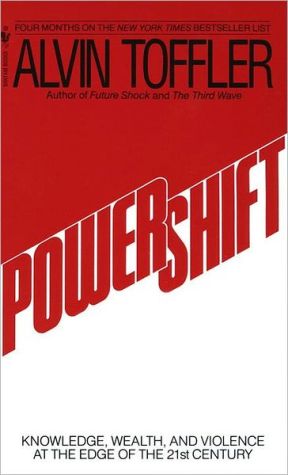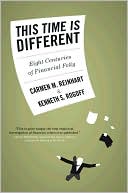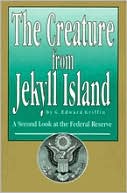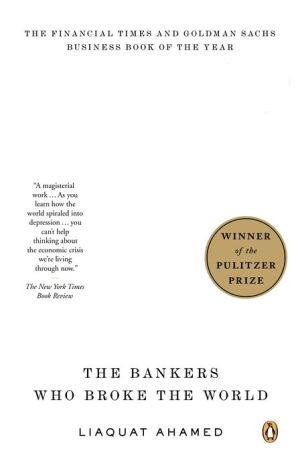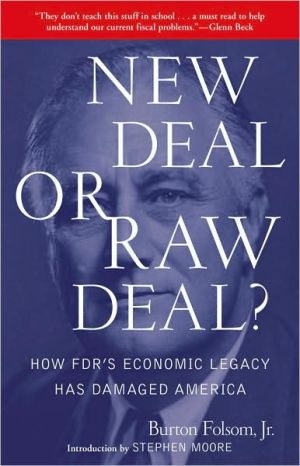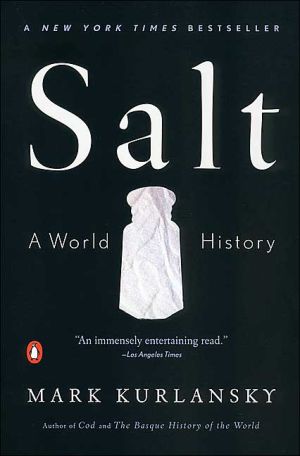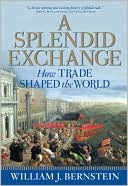Powershift: Knowledge, Wealth, and Violence at the Edge of the 21st Century
In Powershift, Alvin Toffler brings to a climax the ideas set forth in his previous works to offer a stunning vision of the future that will change your life. \ In Powershift, Toffler argues that while headlines focus on shifts of power at the global level, equally significant shifts are taking place in the everyday world we all inhabit - the world of supermarkets and hospitals, banks and business offices, television and telephones, politics and personal life. The very nature of power is...
Search in google:
In Powershift, Alvin Toffler brings to a climax the ideas set forth in his previous works to offer a stunning vision of the future that will change your life. In Powershift, Toffler argues that while headlines focus on shifts of power at the global level, equally significant shifts are taking place in the everyday world we all inhabit - the world of supermarkets and hospitals, banks and business offices, television and telephones, politics and personal life. The very nature of power is changing under your eyes. Publishers Weekly Knowledge, not violence nor money, is the essence of power in the information age, claims Toffler ( Future Shock ) as he observes ``info-wars'' raging in such arenas as computers, high-definition TV, electronic networks, and industrial espionage, and the fight for control of customer data by retailers, manufacturers, banks and credit-card issuers. He hails the emerging ``flex-firm,'' a company open to many types of free-form ``counterbureaucratic'' organization. Toffler credits junk-bond salesman Michael Milken with making finance more competitive and less monopolistic. Assessing the ``power triad'' of the U.S./Japan/Western Europe, he deems European nations the least stable link, with Germany gaining ascendancy. He looks warily at ``Global Gladiators''--drug cartels, Khomeini, multinationals, the Pope--who challenge the boundaries of the nation-state. Toffler's inflated, slogan-slinging probe entertains as it serves up bytes of information and insight, some provocative, some facile. (Oct.)
\ Publishers Weekly - Publisher's Weekly\ Knowledge, not violence nor money, is the essence of power in the information age, claims Toffler ( Future Shock ) as he observes ``info-wars'' raging in such arenas as computers, high-definition TV, electronic networks, and industrial espionage, and the fight for control of customer data by retailers, manufacturers, banks and credit-card issuers. He hails the emerging ``flex-firm,'' a company open to many types of free-form ``counterbureaucratic'' organization. Toffler credits junk-bond salesman Michael Milken with making finance more competitive and less monopolistic. Assessing the ``power triad'' of the U.S./Japan/Western Europe, he deems European nations the least stable link, with Germany gaining ascendancy. He looks warily at ``Global Gladiators''--drug cartels, Khomeini, multinationals, the Pope--who challenge the boundaries of the nation-state. Toffler's inflated, slogan-slinging probe entertains as it serves up bytes of information and insight, some provocative, some facile. (Oct.)\ \ \ \ \ Library JournalFollowing Future Shock ( LJ 7/70) and The Third Wave ( LJ 4/1/80), this final volume of Toffler's trilogy on revolutionary change argues that the control of knowledge has become the principal means to create wealth and power. Aided by the widespread use of computers and other communications technologies, this ``powershift,'' Toffler predicts, will dramatically alter the world's political balance. The superpowers will no longer dominate, since massive military power and control of natural resources will diminish in importance. Access to the latest information will allow developing countries to skip stages of economic growth. On the business level, executives will use knowledge as an instrument to gain control of their companies. Unfortunately, Toffler's thesis suffers from an unclear concept of power, failing to distinguish clearly between influence and the use or threat of force, and some of his claims about the power of knowledge seem exaggerated. The book's best feature is the wide range of information it contains, presented in an easy-to-read style. Previewed in Prepub Alert, LJ 7/90.-- David Gordon, Bowling Green State Univ., Ohio\ \
